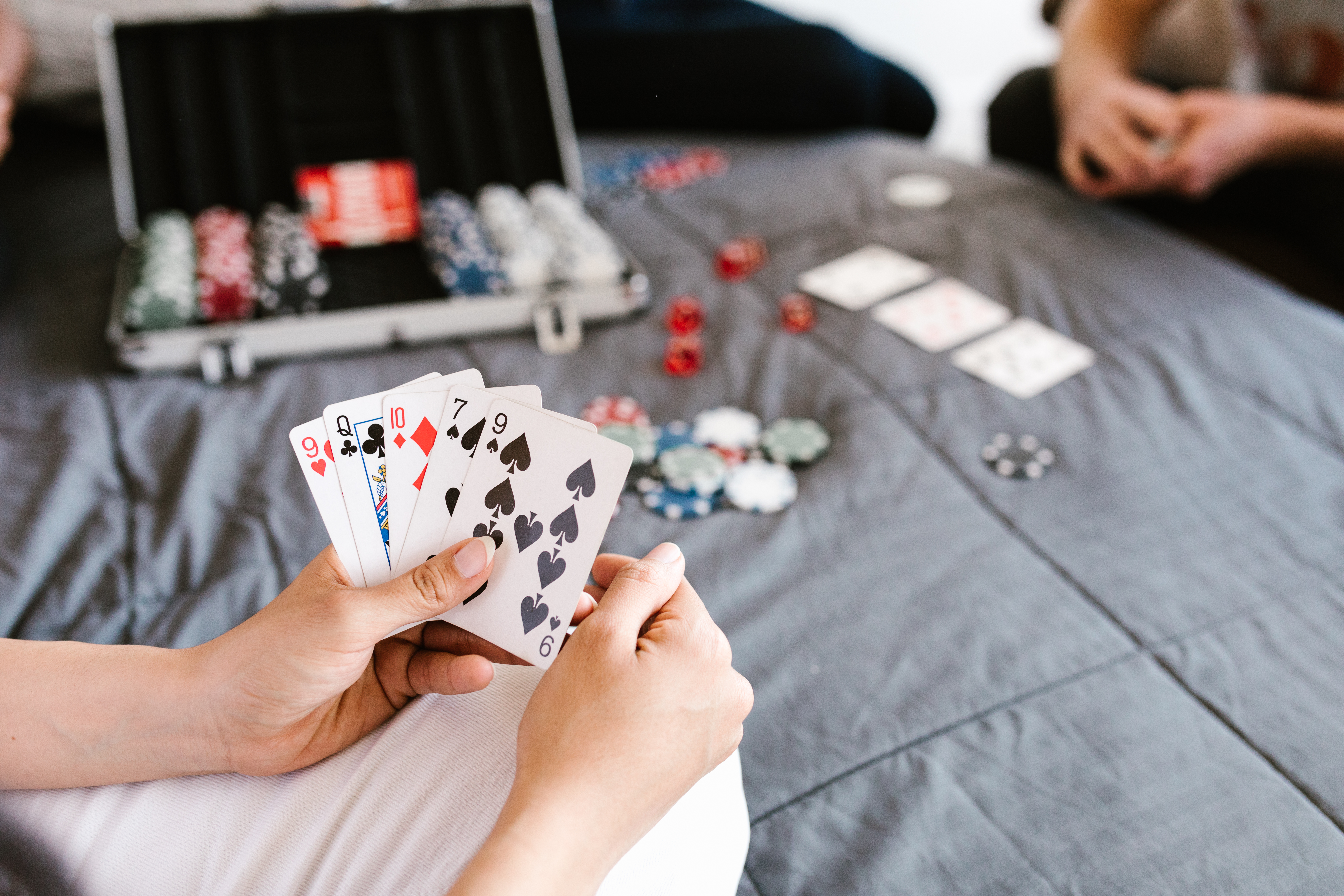
As we get older, certain functions of our brains start to decline, and that’s natural. We tend to forget more things or have trouble concentrating. Fortunately, studies have proven that engaging in an active lifestyle can lead to a longer life and stronger cognitive health. Research states that one way to do this is by regularly playing cards.
Today, we’re going to focus on one popular card game — poker. While one of the most popular card games, poker can be a challenging game that is hard to master for most. As with everything else, practice makes perfect, and even if you’re not aiming to be a poker superstar, this strategic game can still help you improve your cognitive health. Below are the three ways it can do so:
Develops resilience
It’s impossible to win every poker game, and even the best poker professionals today have had their share of losses. This is why resilience is considered one of the most important learnable mental skills from poker. After all, without resilience, players are less likely to cope and learn from high-stress situations.
Developing resilience is a skill that can help you in other aspects away from poker. Becoming more resilient can help you handle stressful circumstances without compromising your choices. This, in turn, can help you maintain your decision-making since you have the cognitive clarity to stay coherent despite challenges. Remember that mental resilience refers to a person’s ability to adapt and respond to change, and life is certainly as prone to change as a game of poker can be.
Sharpens memory
Memory is an important aspect of playing poker, especially if you’re looking to play poker well. After all, you’ve got to remember poker hand rankings, opponent tells, and play style strategies. The more you play the game, the more you’ll be able to train your memory. Inevitably, this better-developed memory will carry over into your regular life.
As we previously discussed in our article on keeping the brain sharp over 60, we noted that the brain responds well to repetition. Since you’re repeatedly forcing your brain to recall many different details during your poker matches, this habit will stick. Soon you may even find yourself picking up small details in your everyday life that you previously would’ve forgotten or glazed over.
Heightens critical thinking
Much of playing poker requires critical thinking, and the same applies to other facets of our lives. Making good decisions and being able to solve problems require critical thinking. At the poker table, thinking strategically can make the difference between winning big and losing it all. Some of the best players at the game treat poker like chess, prioritizing strategic thinking over bluffing and body language.
When carried into your life off the poker felt, critical thinking can help you weave through various difficulties. Whereas most people have a hard time making sense of complex scenarios, your well-trained mind will already know how to dissect a situation and react to it accordingly.
Ultimately, many of the practices that make one a good poker player are all good mental exercises that will help boost your cognitive health over time. And because practice makes perfect, the more you play it, the more you’ll be able to train your brain. Letting your brain have its “workout” every once in a while should be as crucial as working out your body, and poker serves as the perfect mix between mental exercise and good fun.
Leave a Reply